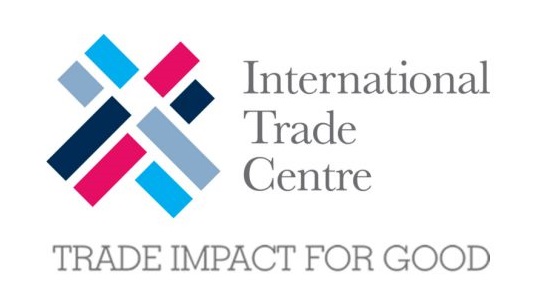Market: why export?

Market: why export?
In 2021, the Export Journey project is being carried out, an initiative of CONAMPE – National Confederation of Micro and Small Businesses and INTRADEBOOK, with 6 Workshops and 12 Lectures on Export. The second lecture is this: Market: why export?
The Workshops address practical aspects of using the INTRADEBOOK platform for export and import and the Lectures address specific topics related to foreign trade in the areas of Market, Routines and Logistics.
Lecture 2: Market: why export?
Many articles, opinions and guidelines that talk about international trade treat it as something complex, bureaucratic and for few companies. They have many needs, difficulties and a series of requirements to trade with other companies from other countries, which scares more than helps companies.
All these requirements are normal in the domestic market and, therefore, are not exclusive to those who want to do international business. We can simplify international business problems into three basic problems: Market, Routines and Logistics.
To share the lecture on “Market: why export?”, lecture number 2 on the Jornada de Exportación, we invited Rodrigo Iglesias from ABIMAPI.
In “Market: why export? “We can have the following answer: Exports can allow profitable growth in turnover, access to a broader market, defense of foreign competition and a more even distribution of sales.
And the reasons for exporting are:
• 1 – The contraction of the local or national market: if the domestic market decreases, if local buyers reduce their purchases, the company that is also in international trade will be much less affected by this situation.
• 2 – Opportunities involving the growing demand from abroad: the globalization process shows that the demand for products from different regions is constantly increasing, a great opportunity for companies.
• 3 – Generate economies of scale: the increase in demand can allow the company to increase its production and thus become more profitable.
• 4 – Diversification of customer risk: when deciding to export, the company will increase the number of customers. The more customers you have, the less chance that losing one of them will impact your sales.
• 5 – Improve profitability: the increase in demand leads to an increase in production and sales and, with them, the company’s profitability.
• 6 – To familiarize yourself with the innovations in your sector worldwide: to compete in the international market, the company must adapt to the technologies used in these areas. Technological advances allow the company to grow.
• 7 – Do not lose competitiveness or the market itself: as a result of this type of growth – profitability and technology – the company can be innovative and put itself at the forefront of competitiveness in the market itself.
• 8 – Customer support: when entering international trade, the company will be able to provide better support to its customers.
• 9 – Production surplus capacity: all the company’s production surplus can be placed on the international market. Remember there are more than 200 countries in the world.
• 10 – Product and market authority: the company, over time, acquires authority and respect to place its products in consolidated markets.
• 11 – Potential tax benefits: by entering international trade it is possible that the company can reduce the proportion of taxes paid. Usually all countries exempt their exports from taxes and some countries reward exporting companies with benefits in the domestic market.
• 12 – Growth: company growth is a natural consequence of globalization.
• 13 – Development of capabilities and skills: to export and grow the company will improve its own tools, capabilities and skills.
• 14 – Gain ability to compete: this increase in capacity will allow you to better compete in your markets.
• 15 – Gain prestige in the domestic market and improve its image: access to the international market can improve the company’s image in the domestic market.
• 16 – To better adapt to market needs: participation in international trade can be a good opportunity to improve the quality and productivity of the company’s products and services for the foreign and domestic market.
Market: why export?
Here are some reasons to export. The Export Journey is a logical sequence to start an export process, following the concept of the three pillars of international trade – market, routines and logistics. More details can be found on the website http://www.conampe.org.br and on the website www.intradebook.com.
Image: intradebook.com







Cross-border exports rely on the advantages of traditional foreign trade to grow rapidly. B2C has emerged in recent years and has shown a higher growth rate. Currently, the ratio of the two is 9:1. The industry has formed two major models of platform and self-operation, and a number of cross-border B2B platforms have emerged, such as fobgoods, Global Sources.com, EC21, and Dunhuang.com. The sluggish global economy has promoted the widespread popularity of China’s cheap goods, cross-border exports to improve foreign trade efficiency, and capital assistance, and many other factors have promoted the rapid development of cross-border exports. The industry is still in an upswing period with broad prospects. It is conservatively estimated that it is expected to double the scale of more than one trillion U.S. dollars in the next 5-10 years. Mature markets in developed countries such as the English department have entered the early stage of the Red Sea, and have upgraded from low-price competition to brand (commodity + e-commerce platform) competition. Emerging markets are yet to be developed, and opportunities and challenges coexist.
Dear Daniel,
We also believe in emerging markets and cross-border markets.
When we created the platform to encompass market, routine and logistics problems in the same solution, we thought of this “cross-border” market.
Try the platform for cases and you speak.
Thanks for the comments.